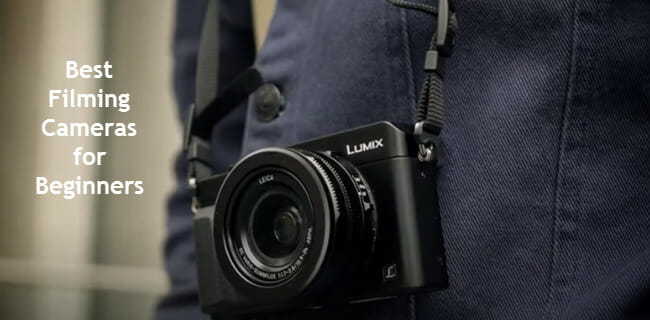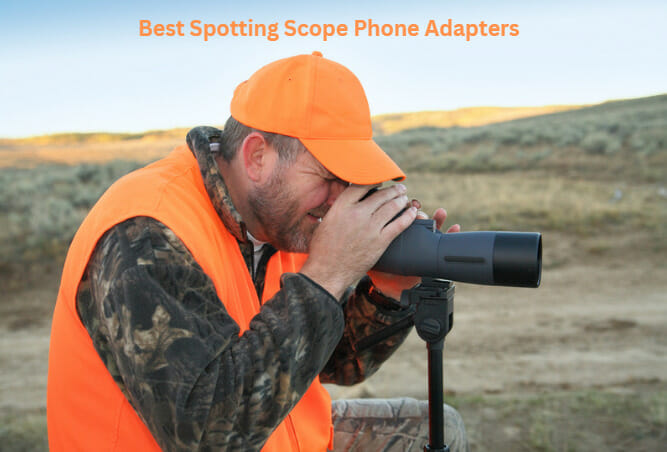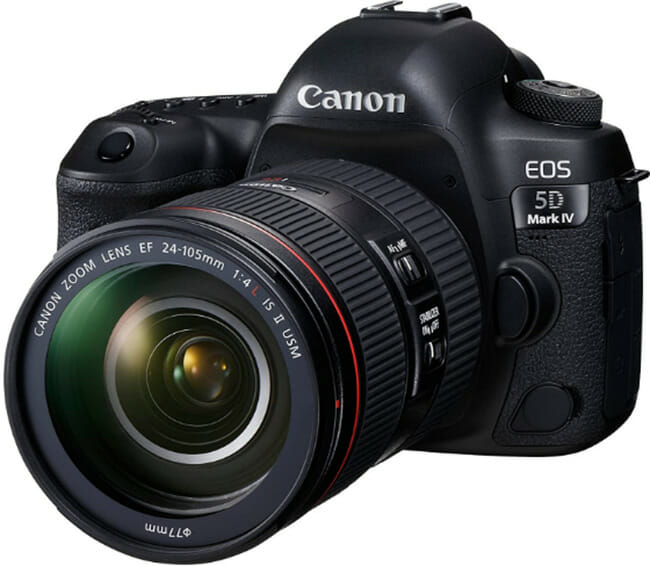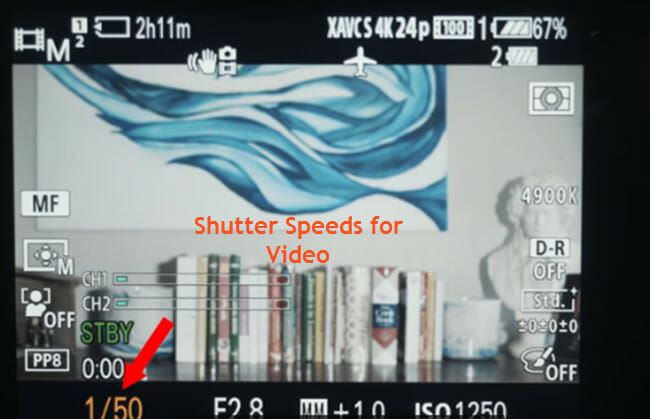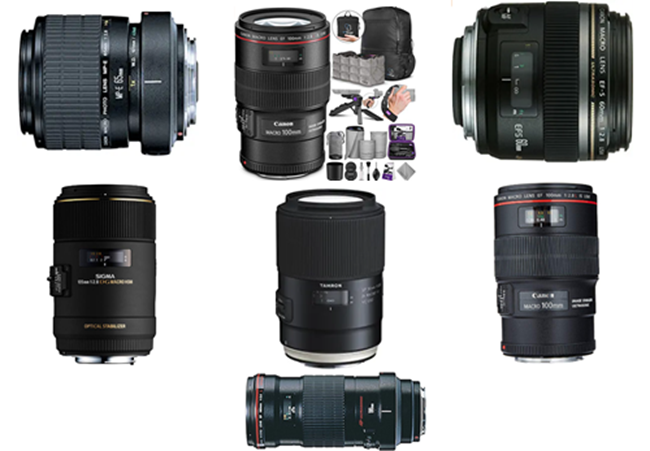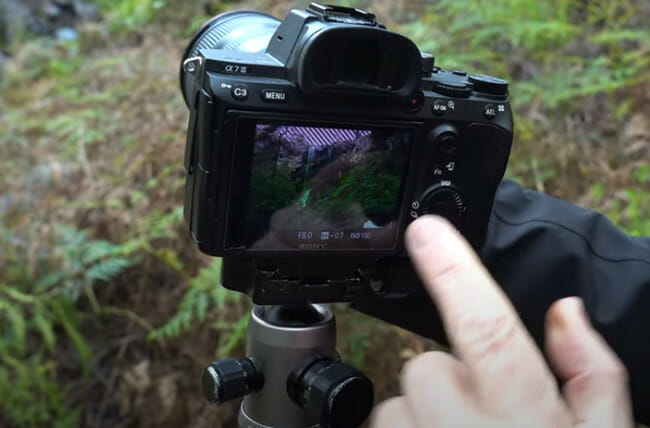
Looking for the best variable ND filters to buy? Here are 11 great options for video, sunset, 10 and 6-stop use.
These filters allow you to, smoothly, adjust the amount of light passing through the lens, making them perfect for a variety of shooting situations.
Whether you're looking to capture a beautiful sunset or need more control over your exposure, these filters will help you do just that!
As an Amazon Associate, there may be small earnings from qualifying purchases at no additional cost to you!
Which ND Filter Is Best?
#1 K&F Concept ND Fader Variable Neutral Density (ND2 to ND400)
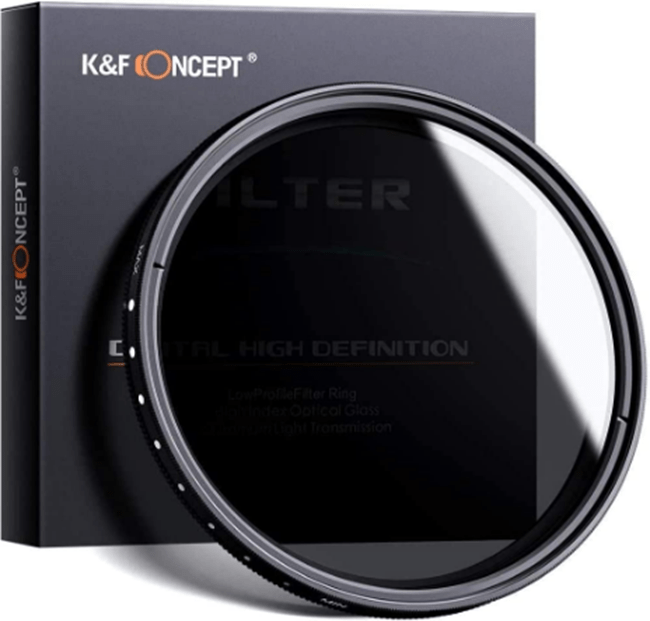
The K&F Concept is a great budget-friendly option for those looking to get into variable ND filters.
It provides good neutral performance and has no X cross, making it a great choice for those just starting out with these types of filters.
Although it doesn't have the same optical ability as some of the more expensive options on the market and there can be a little ghosting when shooting into the sun, it still provides about 4 usable stops and does a good job of preventing ghosting and lens flare.
Overall, the K&F Concept is a great option for those looking for a budget-friendly variable ND filter.
Pros
- It is very cheap.
- This variable filter is a great entry point for beginners.
Cons
- When shooting into the sun, little ghosting may be experienced.
#2 Breakthrough Photography 77mm X4 (Fixed ND Filter 6 Stop)
Best ND Filter for Sunset
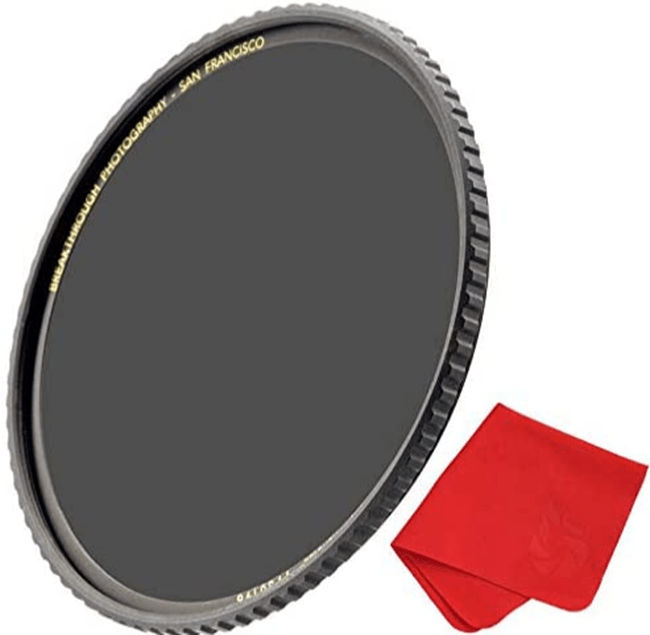
This is also one of the best ND filters that you can find.
It has fixed ND filters.
For landscape photographers, the X4 ND filter from Breakthrough Photography is the best ND filter for you.
The X4 is one of the best ND filters that delivers the most color neutral performance and precise optical density, thanks to years of research and advanced manufacturing methods.
The X4 ND filter is a 6-stop Neutral Density filter that is available in sizes ranging from 49mm to 86mm.
The X4 ND filter is also available in countertop version which is ideal for use with wide angle camera lenses.
The X4 ND filter has an anti-reflective coating that helps to reduce ghosting and flare.
The X4 ND filter is also resistant to scratches and fingermarks.
Pros
- Truly Neutral Density filters.
- Superior lens coating.
Cons
- Not very cheap.
#3 Tiffen Variable Neutral Density Filter (77mm)
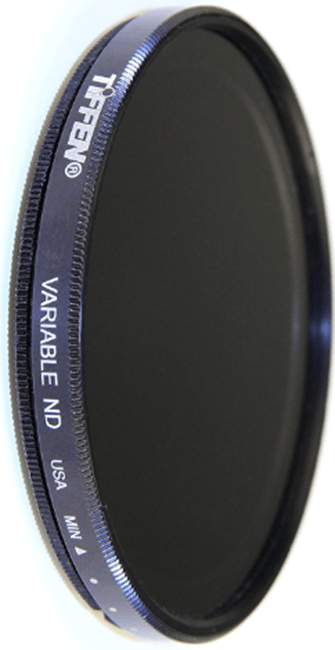
The Tiffen Variable ND filter is a high-quality product that is widely used by photographers and cinematographers around the world.
This particular ND filter has an impressive light-stopping range of 2-8 stops, meaning it can replace many different filters that would otherwise be necessary.
This makes it an ideal choice for photographers who want to experiment with different apertures and depths of field, as it gives them the ability to shoot in conditions that would normally be too bright for such settings.
Additionally, the Tiffen Variable ND filter excels at allowing photographers to keep their shutter open for extended periods of time, making it a crucial tool for anyone interested in capturing long exposure shots. It is one of the best ND filters out there.
Pros
- Nice looks
- Very good for outdoor shooting
Cons
- May not keep out dust or dirt
#4 PolarPro 77mm Variable ND Filter (2 to 5 Stop) – Peter McKinnon Edition
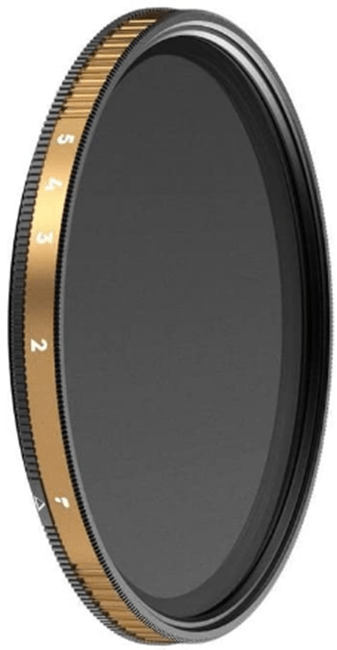
As anyone who has ever tried to photograph a waterfall knows, one of the challenges is finding the right exposure. Too much light and the water will appear as a blur, too little and the image will be overexposed.
With a variable ND filter, however, it is possible to get the perfect exposure by simply adjusting the amount of light reduction.
The PolarPro (Peter McKinnon Edition) Variable ND Filter is widely considered to be one of the best variable ND filters on the market due to its attention to detail and excellent build quality.
The filter is equipped with etched markings on an aluminum frame, allowing for precise exposure adjustments.
The rotation is smooth and silent with minimal vignetting.
The detail level is extremely sharp, even at the maximum density, owing to no X-lines and fine detail levels.
The filter's small/low profile is ideal for wide-angle lenses, keeping the frame's edges outside of the image.
In other words, if you're looking for one of the best neutral density filters, the PolarPro should be at the top of your list.
Pros
- Good for getting a blurred background at low shutter speed.
- Built with high quality materials.
Cons
- Expensive
#5 Freewell Variable ND Filter – 67mm Threaded Hard Stop (All Day 2 to 5 Stop & 6 to 9 Stop)
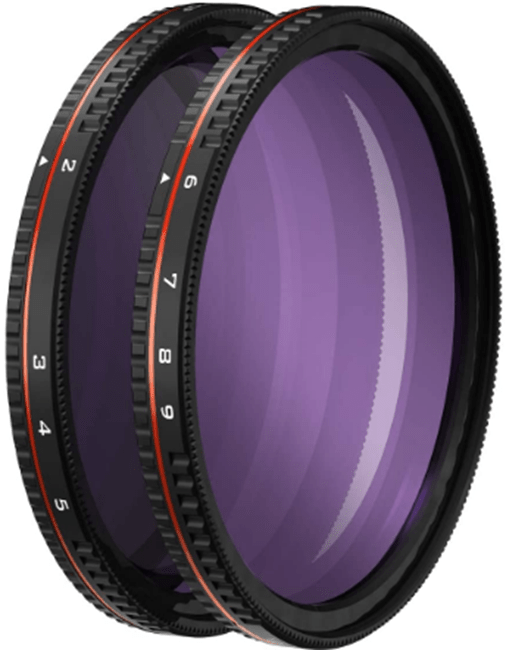
Freewell's Variable ND Filter is a great option for anyone looking for a high quality filter at a reasonable price.
The company has a great reputation and their products have been well-received by customers.
The filter is available in a 2-5 stop and 6-9 stop combo, so you can choose the right level of ND for your needs. The filter is easy to use and provides good results.
It is, about, the best neutral density filter for anyone who wants to reduce the amount of light entering the camera.
Pros
- Use of Hard Stops.
- Good color rendition.
Cons
- There's no such thing as a “click” position in between stops.
#6 B + W Vario Neutral Density Filter (72mm XS-Pro)
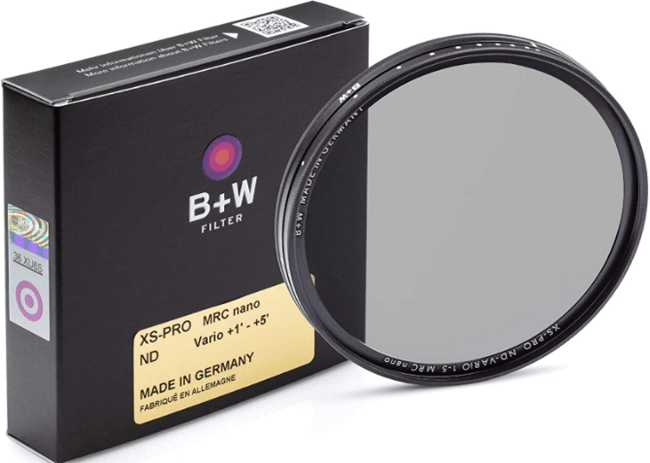
The B+W Digital ND is a top-of-the-line variable ND filter that provides between 1 and 5 stops of light reduction.
What sets it apart from other similar filters is its multi-resistant coating, which beads up water droplets and prevents ghosting and reflections.
The B+W XS-Pro is also 9mm deep and screws into place for easy use.
In addition, the front filter ring is marked with hard stops to indicate the different densities between the minimum and maximum light reduction.
Overall, the B+W is an excellent choice for anyone in need of a high-quality variable ND filter.
Pros
- Internal lock to prevent X pattern and accidental overturn.
- Multi-resistant coating.
Cons
- You can't take it too far even if you don't mind having a, somewhat, noticeable X design in your photo.
#7 Hoya SOLAS Variable Neutral Density Filter – 77mm (1.3-stops to 8.7-stops)
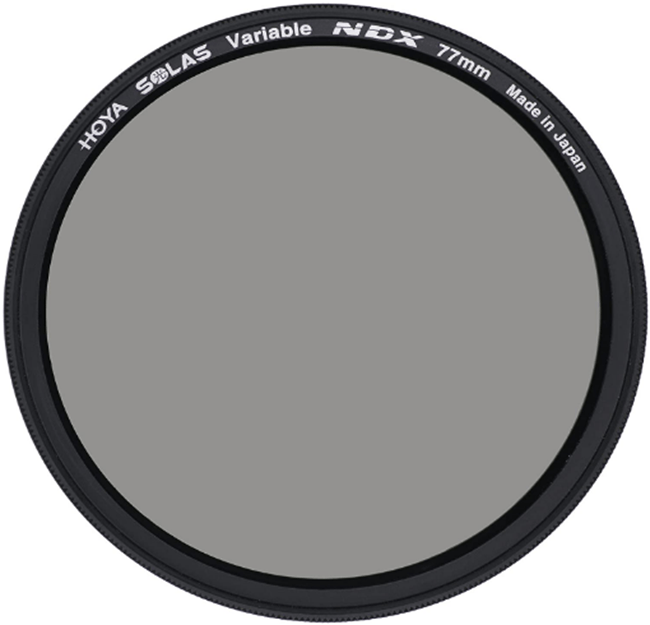
The Hoya Variable ND filter is one of the best options on the market for those looking to capture stunning images in bright sunlight.
With a light stopping power of 1.3-8.7 stops, this filter is perfect for long exposures and shallow depth of field shots that would otherwise be impossible to achieve without an ND filter.
Additionally, the slim profile outer ring prevents vignetting, making it a great choice for those who want to avoid this common issue.
Whether you're interested in seascapes, waterfalls, or simply want to create some beautiful motion blur in bright daylight, the Hoya filters are a great option to consider.
Pros
- Versatile Stops
- Prevents color shifting
Cons
- May only be available in 77mm and 82mm.
#8 H&Y RevoRing Variable Neutral Density (ND3-ND1000 and CPL Filter)
Best 10-Stop ND Filter
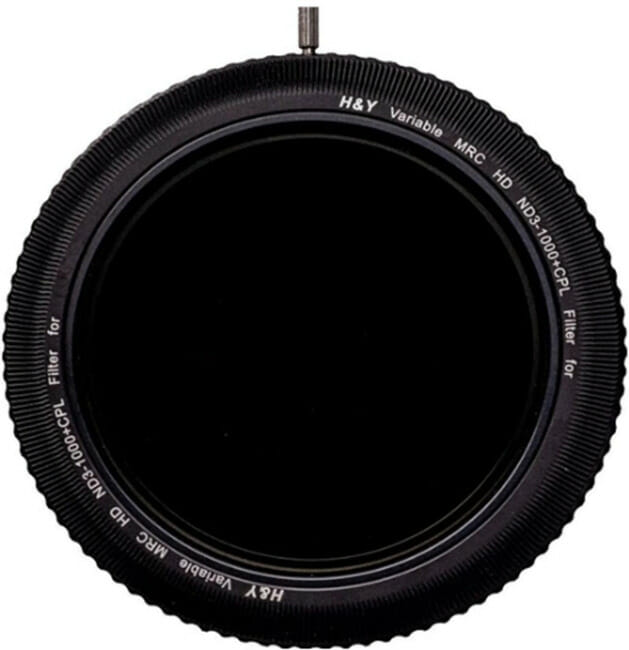
Variable ND filters are a necessity for any photographer who wants to be able to shoot in a wide range of lighting conditions, from bright sunlight to dim indoor settings.
H&Y's Revoring filter system is one of the best on the market. The key to its success is its clever design, which allows the filter to be used as both a polariser and a variable ND filter.
The result is one of the most versatile ND filter tool that can help you capture stunning photos in any situation.
In addition, the quality of the glass in the filter is second to none, ensuring that your images will be crisp and clear.
So, if you're looking for a top-quality variable ND filter, the H&Y Revoring system should definitely be at the top of your list.
Pros
- High quality glass and filter.
- Versatile
Cons
- It requires a certain amount of finesse.
#9 Bower FN77 Variable Neutral Density Filter (77mm)
Best Budget Variable ND Filter
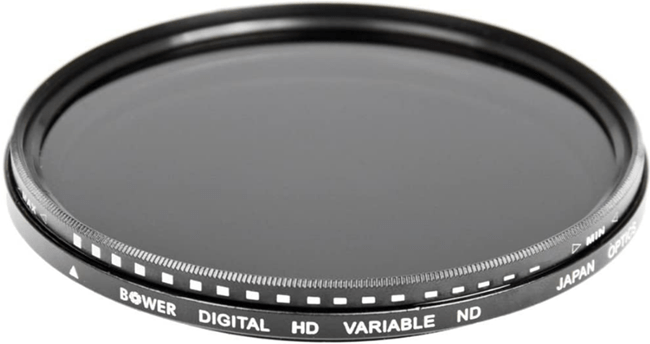
The Bower Neutral Density filter is a budget-friendly way for beginners to use this kind of filter.
Although the image quality may not be as good as that of a solid ND filter, the convenience factor may be worth it for some users.
I wouldn't recommend professional work with this low-cost filter, but for new users who just want a decent one without spending a lot of money, the Bower Variable ND filter is an excellent option.
Pros
- Very Affordable.
- Good for Beginners.
Cons
- Its build is not too impressive
#10 SLR Magic 82mm MK II Variable Neutral Density Filter (2.3 to 6 Stops)
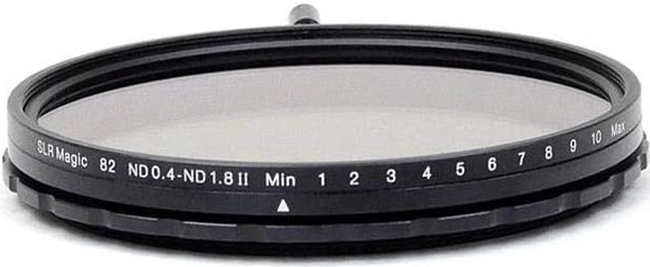
The SLR Magic Variable Neutral Density Filter MKii is a great filter for those looking for high quality images without breaking the bank.
The filter has a slight color shift, but it is a pleasant and warm one. It is easily corrected during post processing, and doesn't cause too much vignetting.
The main downside of this filter is that it doesn't offer as wide a range of stops compared to some of the other filters on this list, which means you may have to stack another ND filter on top if you're shooting in very bright conditions with a shallow depth-of-field.
However, overall this is still a great filter to consider.
Pros
- Good build quality.
- Color shift is pleasant.
Cons
- Limited Stop ranges.
#11 PolarPro QuartzLine 77mm Neutral Density Filter (6-Stop)

If you are a professional photographer or an enthusiast who is looking for the best possible image quality, the PolarPro QuartzLine ND filter is the ideal choice.
This filter blocks 10 stops of light. So that, even in bright light, you'll be able to capture long exposures.
QuartzLine's anti-reflective coating, which is applied to the quartz glass for optimum light transmission, also minimizes image artifacts and protects against water and dust damage.
While the PolarPro QuartzLine ND filter is not recommended for beginners, it is an excellent choice for experienced photographers who are looking for the best possible image quality or people who want to upgrade from a beginner variable ND filter.
Pros
- Easy to attach and remove.
- Good build and image quality.
Cons
- It doesn't come cheap.
What ND Filter Is Right for Me?
ND filtering usually comes in three, six, and ten minute increments. You should choose a filter based upon lighting conditions and whether you want to increase the aperture.
The 10-Stop filters are designed to give you 1/64 seconds of f/20 exposure in just under 0.5 seconds. An extended exposure can blur the pedestrians or cars in city landscapes or capture pristine lakescapes from the natural world.
It is normal for photographers with ND filters to carry kits which include 3-stop filters, 6-stop filters and 10-stop filters to choose the perfect filter for their shoot.
Why Buy ND Filters?
Photography involves, primarily, light, but sometimes that light does not seem too good.
ND filtering helps reduce noise if the filter fails in its application. The light filters are basically gray filters. The light is reduced to the f/stops, which allows you to extend your exposures, sometimes up to six-ten f-stops.
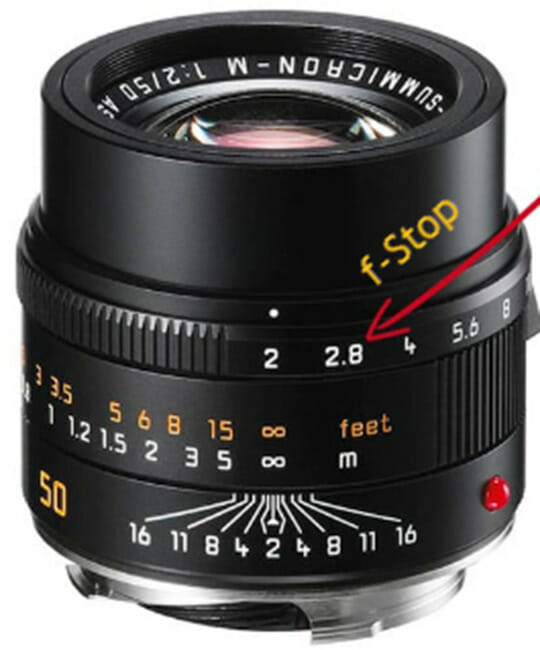
When to Use a Variable ND Filter?
When you shoot with a large aperture and use ND filter, it may help with shallow depth effects. Without ND filters in these cases you'll likely lose exposure.
It helps reduce light reflected into the lens and allows for shooting at f2.8 or at an acceptable shutter speed. It also helps to minimize unwanted reflections.
You may use ND filters for shots on the ocean for example, and you want an extended exposure during the day to reduce glare for milky sea effect. In the light the exposure will not allow a flattening of wave.
Is Variable ND Filter Worth It?
A variable ND filter is useful for video editing and will reduce the shutter speed of the camera which is difficult to achieve when the light is bright. This can also be helpful in a setting with very bright light to obtain high picture quality and a shallow depth.
It may be impossible to get better filtering results in cameras. ND filters are very useful when capturing artistic effects on a camera, especially landscapes.
What Is the Most Useful ND Filter?
6-stop neutral density 6-stop ND filters are without question the best-performing ND filters for outdoor photography.
How Do You Choose a Variable ND Filter?
When it comes to choosing a variable ND filter, there are a few factors you need to consider:
The first is the size of the filter. Variable ND filters come in a variety of sizes, so you'll need to make sure you get one that's compatible with your lens.
The second is the density of the filter. Variable ND filters can have different densities, so you'll need to choose one that's appropriate for the light conditions you'll be using it in.
Lastly, you'll need to decide on the price. Variable ND filters can range in price, so you'll need to decide how much you're willing to spend.
With all of these factors in mind, you should be able to find the perfect variable ND filter for your needs.
How Do You Shoot Video with ND Filter?
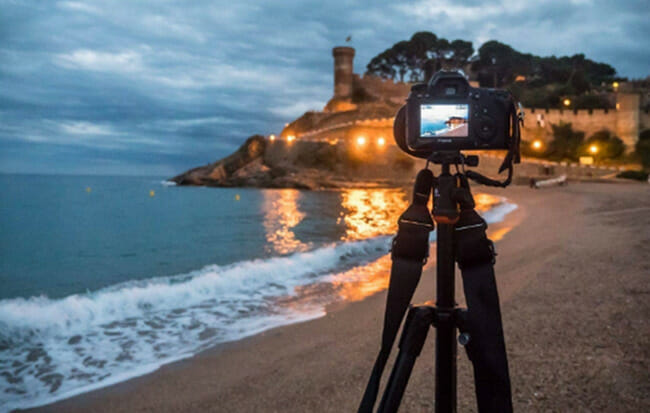
There are a few things to keep in mind when shooting video with an ND filter:
First, make sure that you have your ND filter mounted properly on your lens.
Second, set your camera to manual mode and adjust the shutter speed and aperture accordingly.
Finally, make sure that you are using a tripod or other stable surface to avoid shaking the camera.
Are ND Filters Good for Sunset?
Yes, ND filters can be good for sunset photography.
They can help to reduce the amount of light coming into the camera, which can allow for longer exposures and/or smaller apertures.
This can help to create some stunning sunset images with beautiful soft colors and smooth gradients.
Do You Need an ND Filter for Filming?
ND filters are often used in film and video production to reduce the amount of light entering the camera. This can be helpful in a number of situations, such as when shooting outdoors on a bright day or when using a very wide aperture to achieve a shallow depth of field.
ND filters can also be useful for slowing down the shutter speed, which can create some interesting effects.
So, do you need an ND filter for filming?
It really depends on the situation and the effect you're trying to achieve. If you're not sure, it's always a good idea to have one on hand, just in case.
The great thing about ND filters is that they allow the photographer to capture a very shallow depth to achieve drama and depth.
ND filters can reduce the light at the same time capturing a cinematic experience.
How Many Stops Should I Get for an ND Filter?
The most commonly used ND filter strengths are 3-stop, 6-stop, and 10-stop.
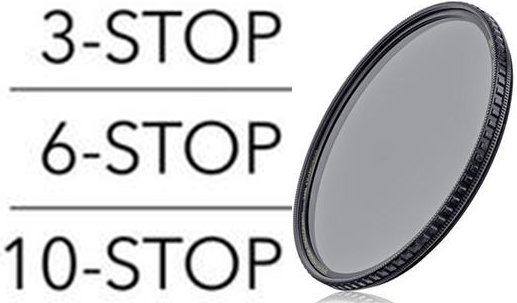
It'll be good starting with six stops, though they're all okay. It seems that 6 stop filters can be powerful enough to accomplish almost any goal in extending shutter speeds.
What Are the 3 Types of Graduated Neutral Density Filters?
There are three types of graduated neutral density filters:
ND2,
ND4, and
ND8.
Each filter blocks a certain amount of light from entering the camera lens, allowing for a longer exposure time.
This is, especially, useful for landscape photography, as it can help to create a more balanced image with less over-exposed areas.
Conclusion
Variable ND filters are the best filters you can buy for video, sunset, 10 & 6-stop shooting.
They allow you to have more control over the amount of light that enters the lens and give you a wider range of exposure times without having to change filters.
When used correctly, they can help create smooth, cinematic looking footage.

